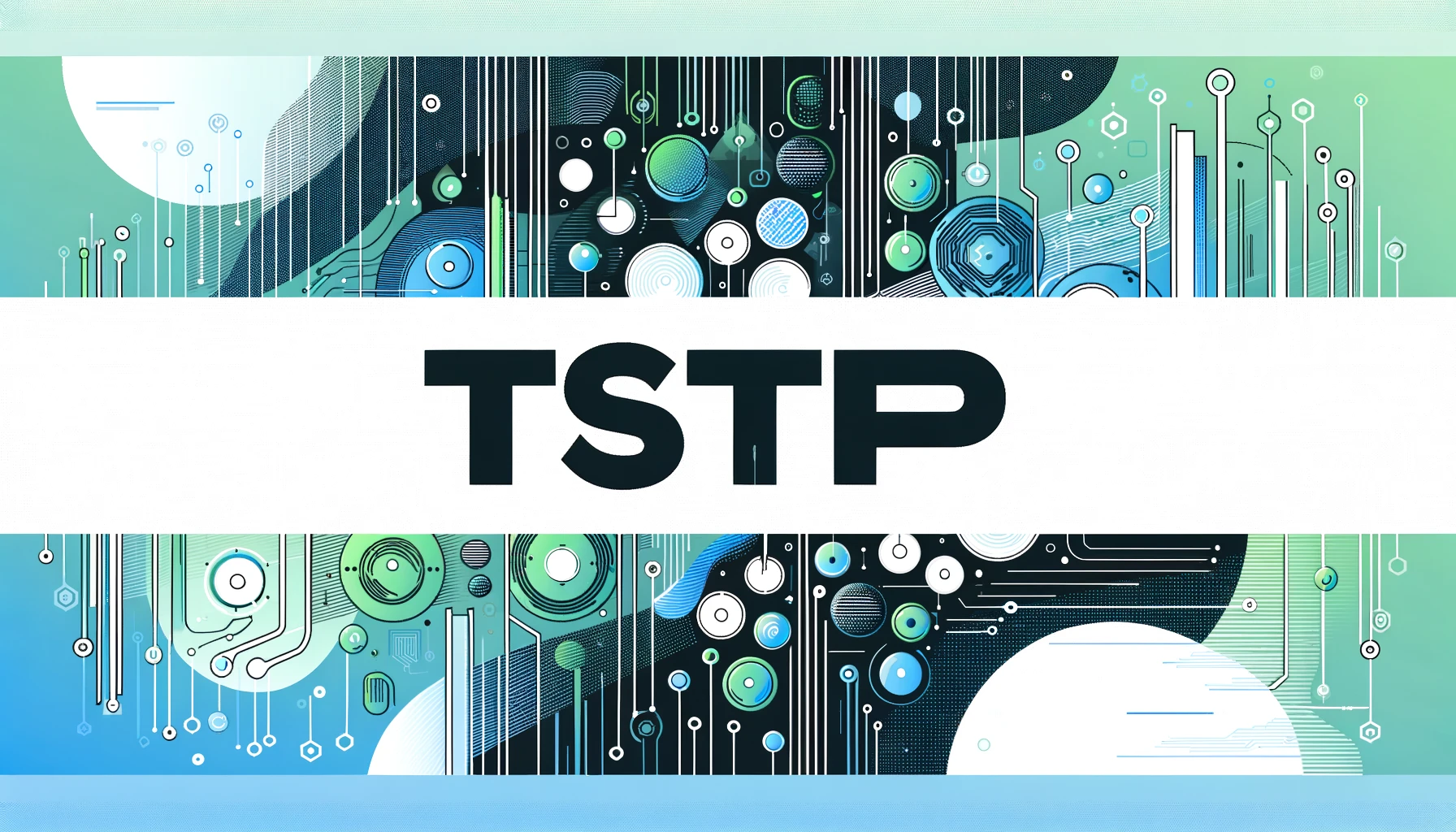Decoding the Coding Interview: Tips for Beginners

Introduction

What Employers Look For

Common Types of Coding Interview Questions

Strategies for Approaching Problem-Solving Questions

Conclusion

Introduction

What Employers Look For

Common Types of Coding Interview Questions
1. Technical Knowledge: These questions assess your knowledge of programming languages, data structures, algorithms, and other technical concepts relevant to the role.
2. Problem-Solving: These questions test your ability to solve complex problems by breaking them down into smaller, manageable steps. Employers want to see your problem-solving approach and how you tackle challenges.
3. Algorithm Design: These questions evaluate your ability to design efficient algorithms to solve specific problems. They often involve optimizing time and space complexity.
4. Data Structures: Employers may ask questions related to various data structures like arrays, linked lists, trees, stacks, and queues. They want to see your understanding of how data is stored and manipulated.
5. System Design: For more senior positions, employers may ask you to design or describe a system architecture. They want to assess your ability to design scalable and efficient systems.

Strategies for Approaching Problem-Solving Questions
1. Understand the Problem: Before jumping to a solution, make sure you fully understand the problem statement and requirements. Take the time to clarify any ambiguities and ask questions if necessary.
2. Break it Down: Break the problem into smaller steps or subproblems. By breaking it down, you can tackle each part individually, making it more manageable.
3. Plan Your Approach: Devise a plan of attack before writing any code. Consider different approaches and choose the most efficient and optimal one.
4. Start Coding: Once you have a clear plan, start implementing your solution. Write clean, modular, and readable code that follows best practices.
5. Test and Debug: Don’t forget to thoroughly test your solution with different inputs and edge cases. Debug any issues that arise and make necessary corrections.
6. Optimize: After getting a working solution, think about ways to optimize it further. Consider time and space complexity and explore possible optimizations.
7. Communicate and Iterate: Throughout the process, communicate your thought process and approach. Your interviewer wants to see how you think and solve problems. Iterate and improve your solution based on feedback and discussions.

Conclusion
If you need further assistance or want to enhance your coding interview preparation, be sure to check out The Solutions To Problems, LLC. We provide valuable resources and guidance to help beginners like you ace their coding interviews. Visit our website at TSTP.xyz and connect with us on LinkedIn at LinkedIn. Don’t forget to follow us on Facebook at Facebook for regular updates and coding tips. We wish you the best of luck in your coding journey!
